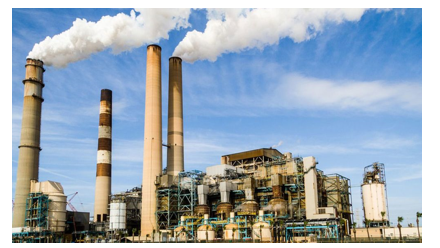INP-WealthPk
Amir Khan

Pakistan’s large-scale manufacturing (LSM) sector continued its upward trajectory for the sixth consecutive month, recording an increase of 7.33% in May 2024, reports WealthPK as per the data released by the Pakistan Bureau of Statistics (PBS). In May, the quantum index of LSM industries stood at 113.90 points, a significant rise from 106.12 points in the same month last year and a notable improvement from April's 105.94 points. Despite the impressive monthly growth, the sector's performance for the first 11 months of the fiscal year (July to May) was modest, with a year-on-year increase of only 0.99%, reaching 116.48 points. The PBS data revealed a cumulative negative trend in the index for the 20th consecutive month, dating back to July 2022. In addition, out of the 22 sectors tracked, 12 experienced a negative growth during the 11 months.
These sectors included chemicals, beverages, tobacco, textiles, paper and board, non-metallic mineral products, iron and steel products, fabricated metals, computers, electronics, and optical products. In the textile and clothing sector, a positive growth was observed in yarn (5.90%) and cloth (0.95%) in May compared to the previous year. The garment sector saw a significant surge of 40.67% over the same period. In the food group, wheat and rice output increased by 2.05% in May year-on-year, while cooking oil production declined by 0.21% and vegetable ghee production fell by 7.25%. Fertiliser production dropped by 0.75%, rubber items by 14.74%, pharmaceutical products by 2.31%, and machinery and equipment manufacturing by 13.07%. Moreover, the survey attributed the LSM's performance challenges to adverse domestic and global events, supply disruptions, and floods that have affected the sector since the beginning of the current fiscal year.
However, the broader picture remains less optimistic, with the sector experiencing only a 0.99% year-on-year increase over the first 11 months of the fiscal year, and a persistent cumulative negative trend. Furthermore, the underlying challenges are multifaceted. While some sectors such as textiles, garments, and food products exhibit a positive growth, key industries like chemicals, beverages, and machinery significant show declines, highlighting ongoing structural issues. External factors, including global economic conditions and supply chain disruptions, coupled with domestic challenges such as flooding, have compounded the difficulties faced by the LSM sector. For sustained growth, targeted interventions are needed to address these specific sectoral weaknesses and enhance resilience against external shocks.
Credit: INP-WealthPk




